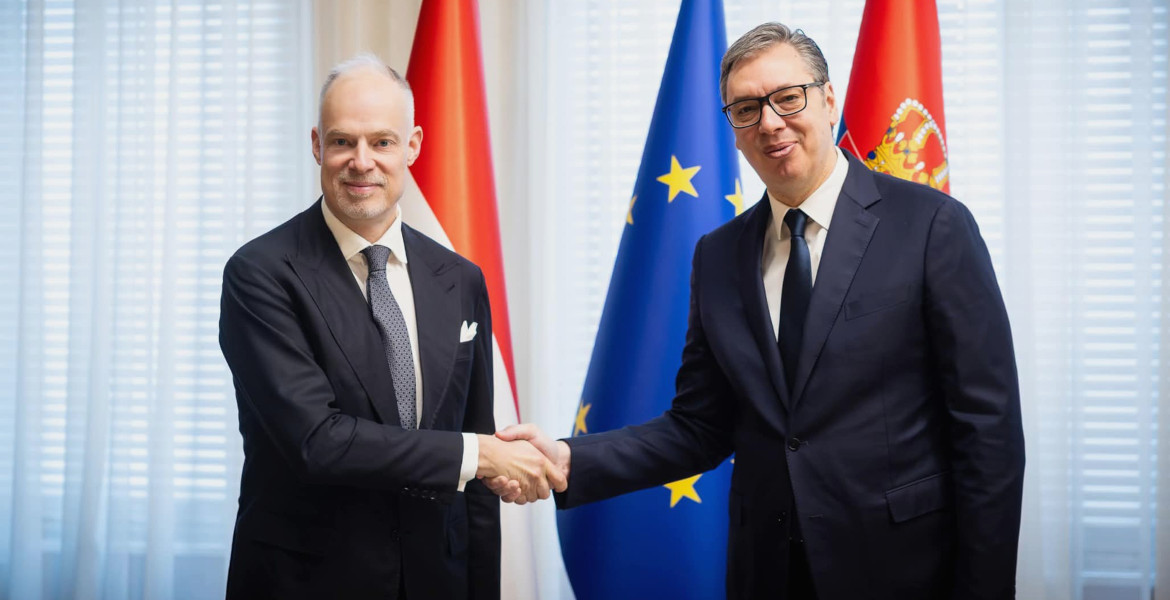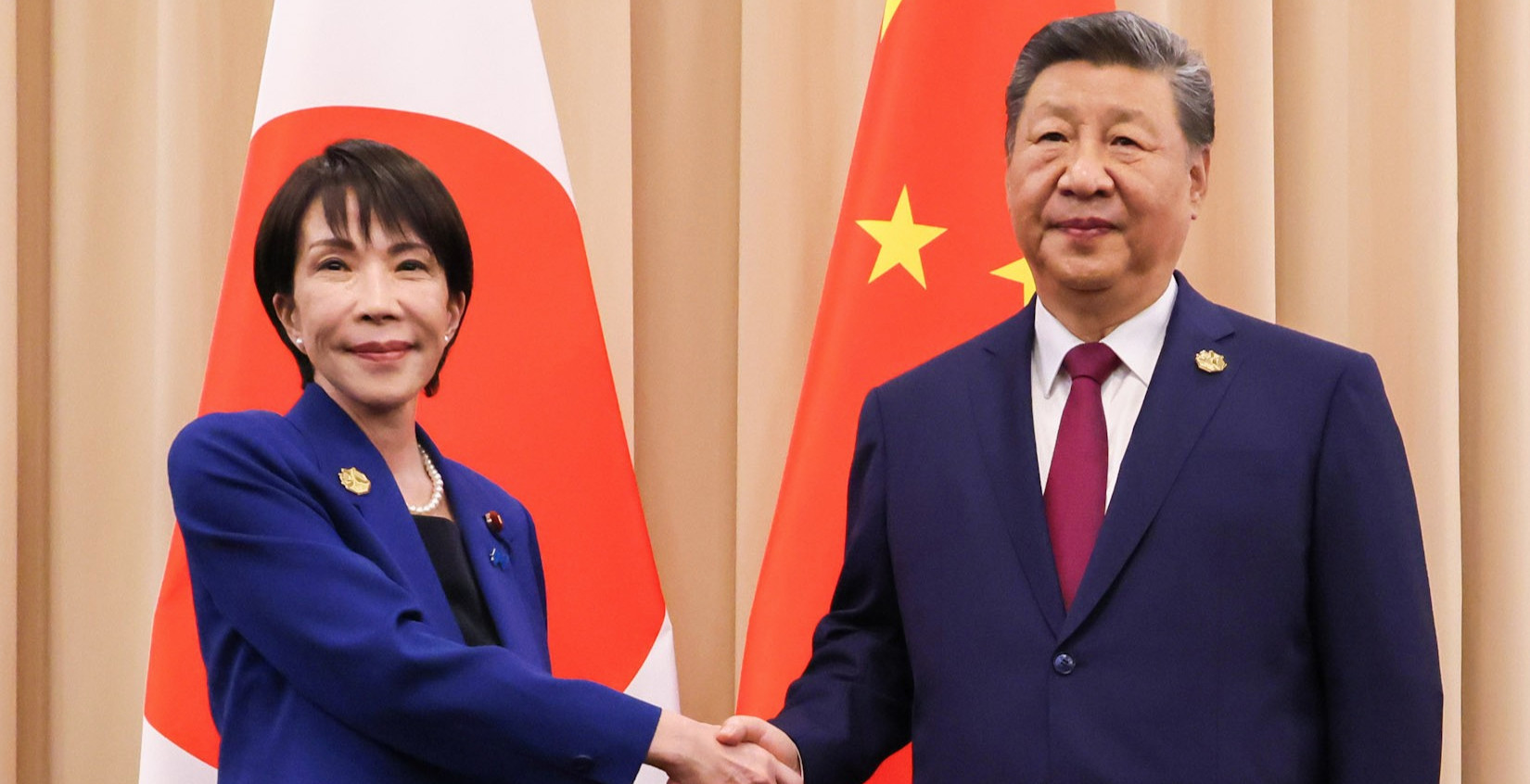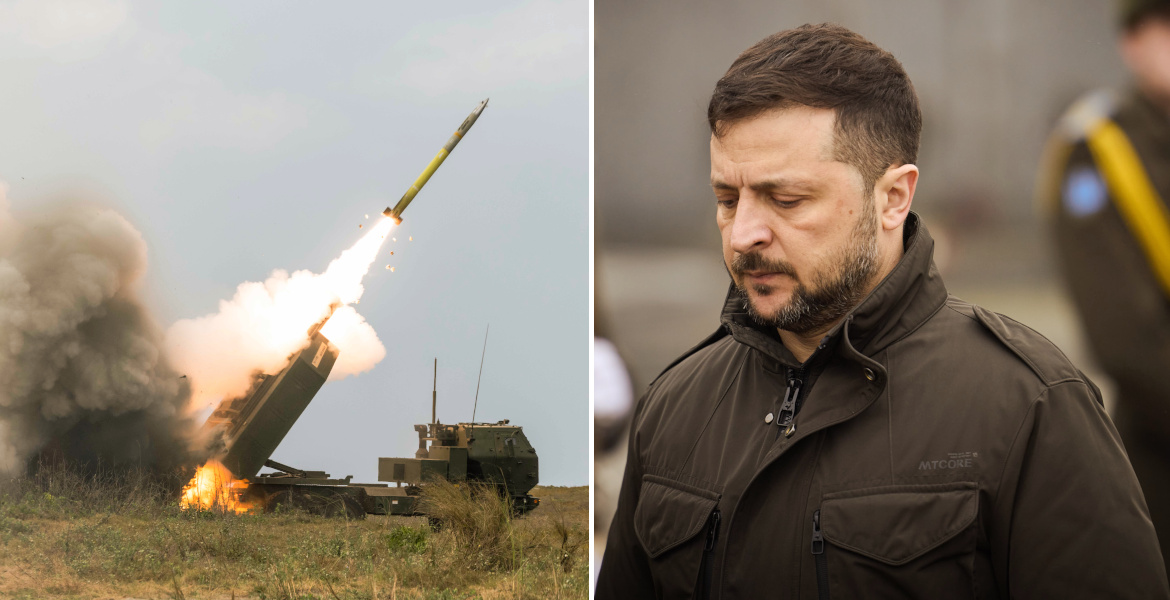Serbia's president, Aleksandar Vučić, has praised the growing military cooperation with Hungary, a NATO country that diverges from the alliance’s stance on Russia. During a visit to Belgrade, Hungary’s defense minister signed a plan outlining 79 joint military activities for the year.
Hungarian Defense Minister Kristóf Szalay-Bobrovniczky visited Belgrade on Tuesday to sign a plan outlining 79 joint military activities between Hungary and Serbia this year.
These activities mark a significant step toward closer military collaboration between the two countries. According to Vučić, the nations are moving closer to a "military alliance", underscoring a desire to strengthen strategic ties.
During the meeting, Vučić expressed gratitude to Hungary’s Prime Minister Viktor Orbán for his role during NATO’s military intervention in the Balkans in 1999. Vučić claimed that Orbán’s influence helped prevent "a land attack against what was then Yugoslavia".
– A full 26 years later, the two parties now have the opportunity to build extremely close strategic ties, to further deepen cooperation, coming closer to a Hungarian-Serbian military alliance, Vučić continued.
Challenging EU consensus
Both Serbia and Hungary have challenged the prevailing Western consensus on the Ukraine conflict and relations with Russia. Hungary has criticized the EU's sanctions against Russia, while Vučić has stressed Serbia's historical ties with Russia as a basis for its position.
During the visit, Szalay-Bobrovniczky expressed support for Serbia's EU membership ambitions and argued that Brussels' enlargement plans should include the entire Western Balkans.
This contrasts with the insistence of some EU leaders that Serbia must first align its foreign policy with the Western powers' line against Russia. Hungary's stance shows an independent line within the EU, which could provide Serbia with an important ally in its quest for membership.
Last month, Kosovo, the Serbian region that broke away after NATO intervention, signed a trilateral defense agreement with Albania and Croatia. Mr. Vučić has condemned this agreement and accused the countries of violating previous security agreements, possibly without NATO's approval.
These tensions in the region may be a driving force behind Serbia's interest in strengthening ties with Hungary, as a counterweight to other regional alliances.





